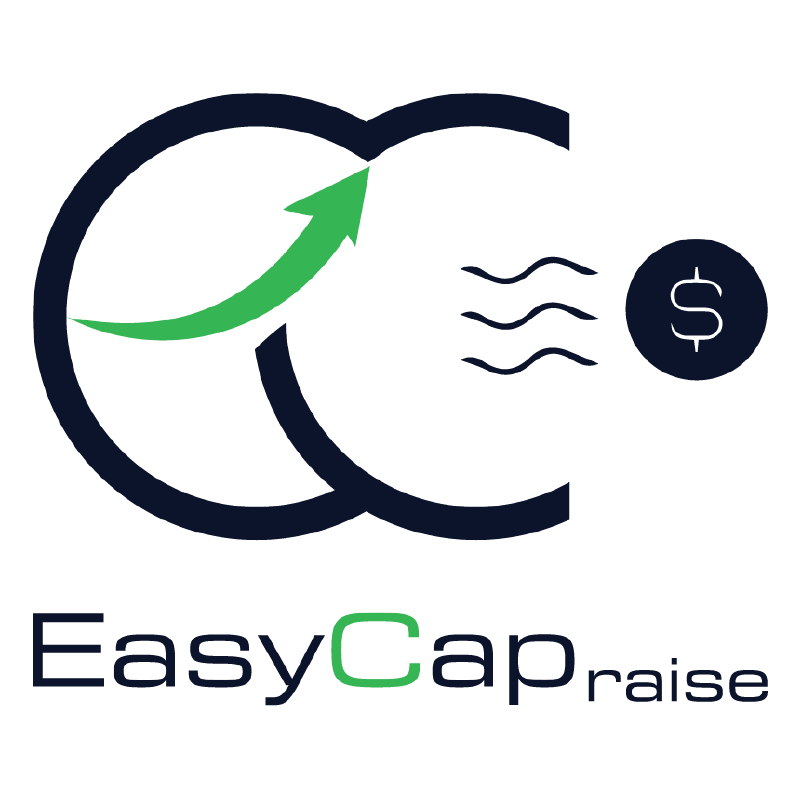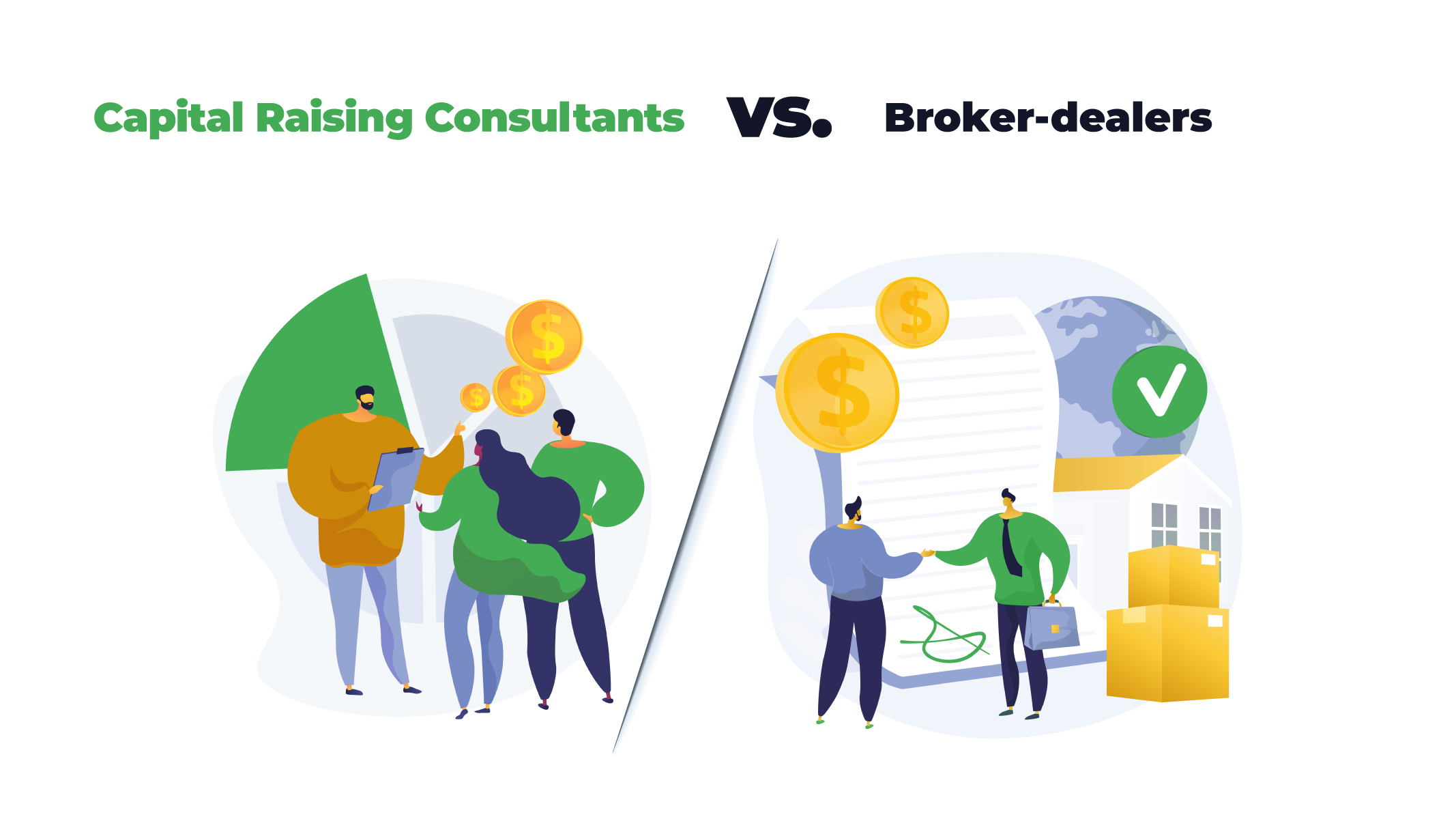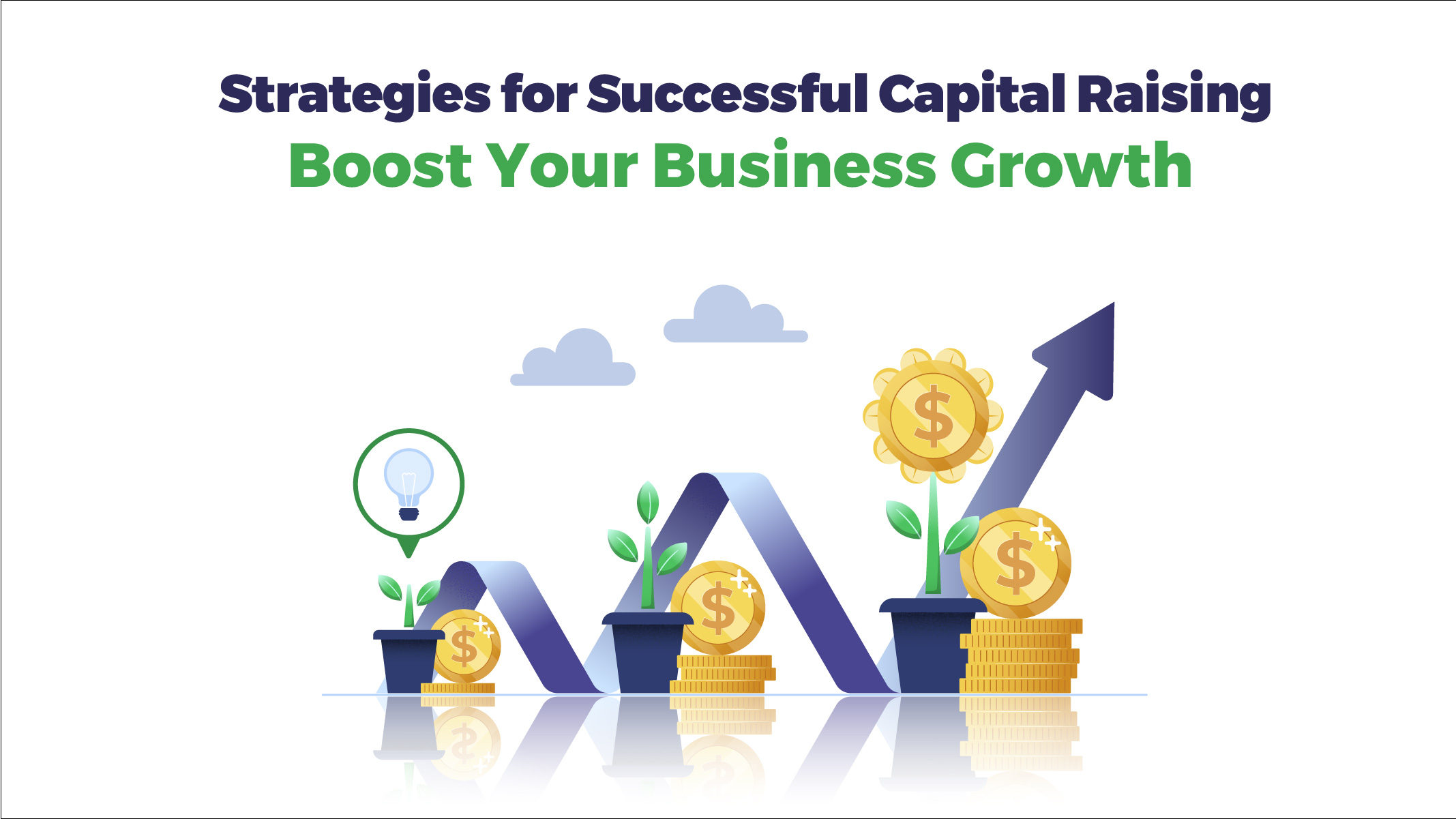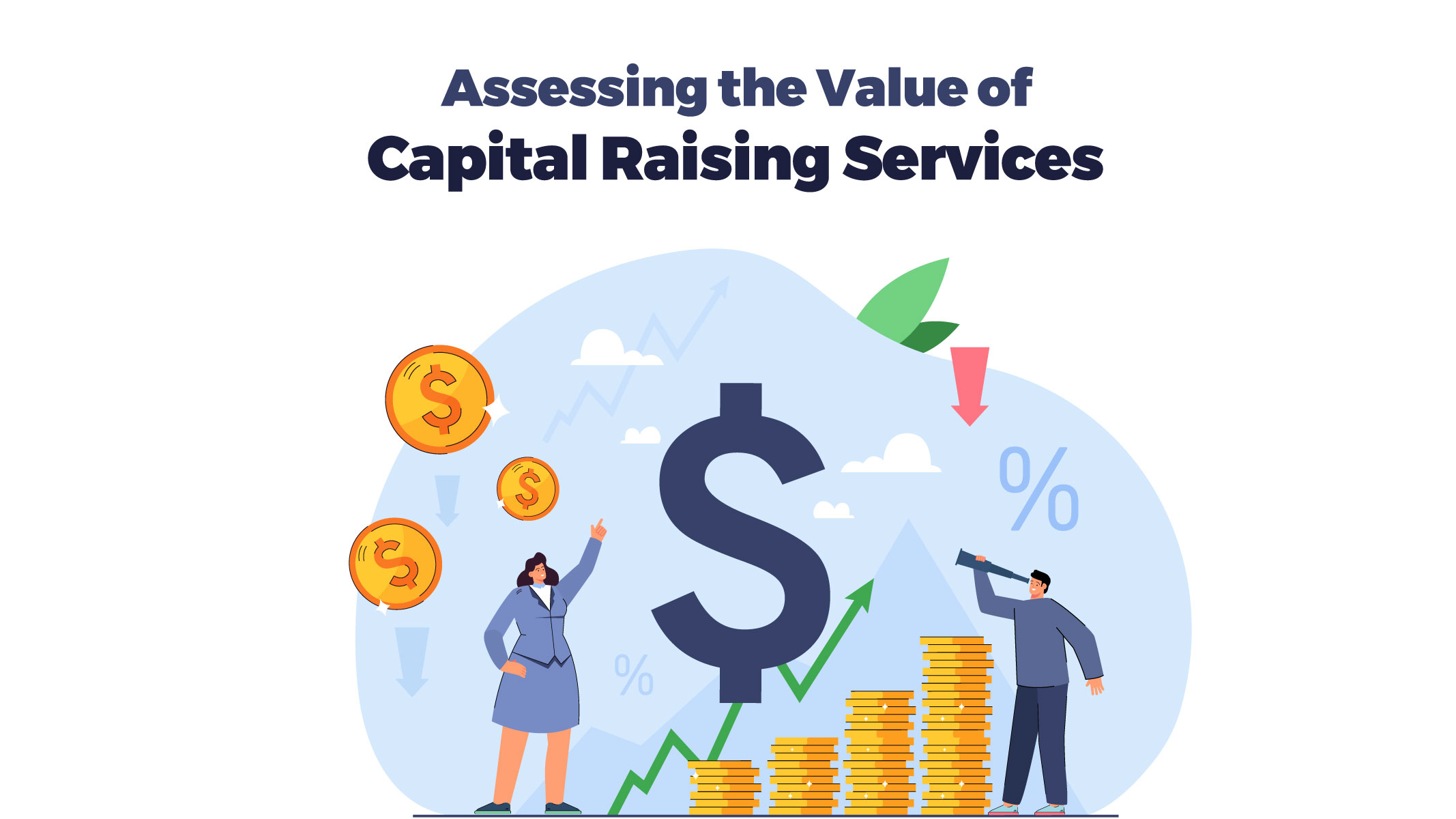Capital-raising Consultants vs. Broker-dealers – Which One is the Best?
Do you know the exact difference between a capital-raising consultant vs. a broker-dealer? There are a lot of differences and, as a business, you have to be aware of them to make a good decision and pick the right one! As you might know, there are lots of similarities as well, but the differences are more important! Let’s see the competition between capital-raising consultants vs. broker-dealers and find out which one can win!
Capital-Raising Consultant
Capital-raising consultants are professionals who help businesses and startups have successful capital-raising like Easy Capraise. But how? They focus on investor finding and strategies.
Their work in various parts of your business includes:
- Creating a teaser
- Creating a pitch deck
- Creating a business plan
- Creating a fund deck
Capital-raising consultants help with financial projections, models, valuation analyses, and the organization of data rooms. Also, they can be your lead when you want to find an investor for your business because they specialize in this kind of task. They know your company and your goals, so they can reach out to potential investors and make the deal.
Book a free consultation call with Easy Capraise to be your capital-raising consultant!
Broker-Dealer
Broker-dealers facilitate securities transactions for a business. A broker-dealer is a financial entity engaged in trading securities on behalf of clients but may also trade for itself. A broker-dealer acts as a broker or agent when it executes orders on behalf of its clients and as a dealer or principal when it trades for its own account. But compared to capital-raising consultants, they charge you a lot more.
Now, let’s look at some of the differences between capital-raising Consultants vs. broker-dealers.
Capital-Raising Consultants vs. Broker-Dealers
Broker-dealer companies consist of a team of experts who have market knowledge. Most of them also have a junior research team for client interactions. However, capital-raising consultants are individual freelancers or smaller entities. Unlike broker-dealers, who often receive a success fee, capital-raising consultants are mostly compensated with a flat or hourly fee. The main differences in compensation methods lead to different motivations and approaches when dealing with transactions.
Pros and Cons of Hiring Capital-Raising Consultants
Now let’s take a look at some of the pros and cons of working with a capital-raising consultant:
Pros:
- They can offer you specific and customized plans for your business.
- Capital-raising consultants work closely with the company’s CEO and discuss all necessary things to get the exact point of view and provide a beneficial solution.
- Working with these consultants is more cost-effective than with broker-dealers. Costs are transparent and lower than success fees.
- Companies can work with several contractors who have complementary skills. Consultants are easily onboarded and switched.
Cons:
Some hourly consultants might not be motivated to do the deals very quickly.
Pros and Cons of Hiring Broker-Dealers
Pros:
- By showing due diligence, engaging reputable brokerage firms adds credibility to any capital-raising venture.
- Credibility: Engaging reputable broker-dealer companies adds credibility to a capital raise by demonstrating thorough due diligence.
- Broker-dealers may support capital raising in phases, adapting to the startup’s progress.
Cons:
- They show businesses one or two expat team members but they have various projects, and because they want to manage their costs, they use junior teams inside their company.
- Broker-dealers may not offer flexible marketing or deal structures.
- Retainers and contractual clauses like ROFRs may tie a startup to the broker-dealer for an extended period.
- They are not cost-effective, especially for small businesses. Their upfront fee ranges up to $100,000 and the success fee can be as high as 12%.
FAQs
What are the key differences between capital-raising consultants and broker-dealers?
Capital-raising consultants are often individuals or small entities that provide specialized expertise to help startups raise capital. Broker-dealers are organizations with teams of experts authorized to facilitate securities transactions. While their roles are similar, broker-dealers typically offer more resources and may take a more significant role in deal execution.
How do capital-raising consultants and broker-dealers differ in compensation?
Capital-raising consultants are typically compensated with hourly or monthly rates, while broker-dealers receive both retainers and success fees, often tied to a percentage of the total capital raised. Broker-dealers may also receive equity compensation in the form of warrants.
What should a startup consider when choosing between a capital-raising consultant and a broker-dealer?
Startups should consider factors such as their stage of development, specific needs, and budget. Early-stage companies might opt for capital-raising consultants for their flexibility, while established companies may choose broker-dealers for their resources and reputation.
Are there any legal regulations associated with working with broker-dealer companies?
Yes, broker-dealers operate in a regulated environment and must register with the Securities and Exchange Commission (SEC) and join self-regulatory organizations like FINRA. They must adhere to securities laws when facilitating transactions for private startups.
How can a startup assess the credibility of a broker-dealer?
Assessing the credibility of a broker-dealer involves careful due diligence. Look for their track record, client reviews, and the thoroughness of their due diligence process. It’s also important to scrutinize the terms and clauses in their engagement agreement, such as exclusivity, tails, and ROFRs, as these can impact the startup’s flexibility and long-term commitment.
Conclusion
Now you know the differences and similarities between capital-raising consultants vs. broker-dealers. You have to determine your company’s goal and budget, read reviews about both sides, and make your deal. But if you want to have a cost-effective and transparent partner, then capital-raising consultants are the best choice for you!
| Aspect | Capital-raising Consultants | Broker-Dealers |
| Pros | Customized Skillsets | Wider Investor Outreach |
| Direct Interaction | Deal Phasing | |
| Cost and Flexibility | – | |
| Resource Adaptation | – | |
| Team Expertise | – | |
| Cons | Alignment Issues (Motivation) | Marketing Complexity |
| – | Junior Team Execution | |
| – | Limited Flexibility | |
| – | Long-term Commitment | |
| – | High Cost (Upfront fees or Success Fees) |
Contact us
Good to have you here! If you have any queries, please leave your message. Our team will reach out soon:)
.








